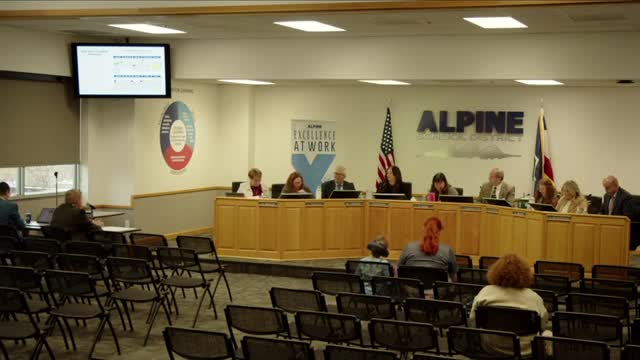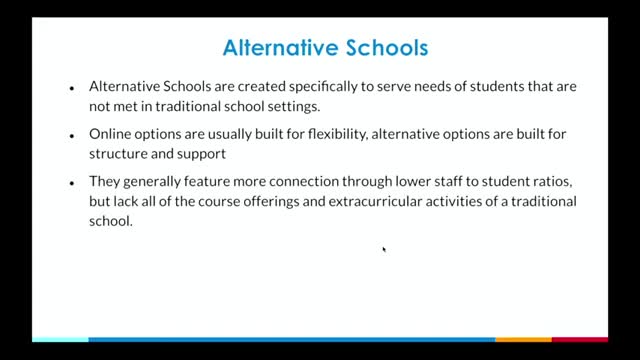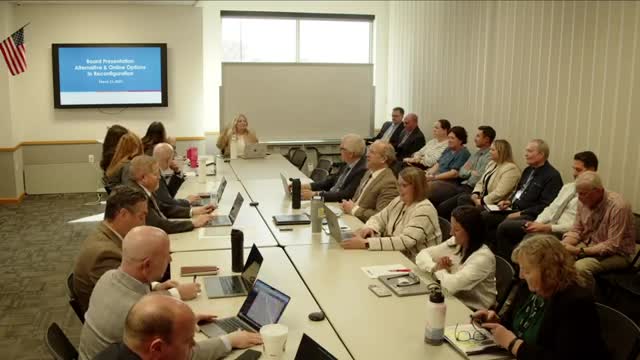Article not found
This article is no longer available. But don't worry—we've gathered other articles that discuss the same topic.

Alpine School District board approves 2026–27 calendar, recommends three future calendars and retires harassment policy

Polaris, Summit: Alpine School District weighs options to preserve care for youth in custody and at‑risk students

